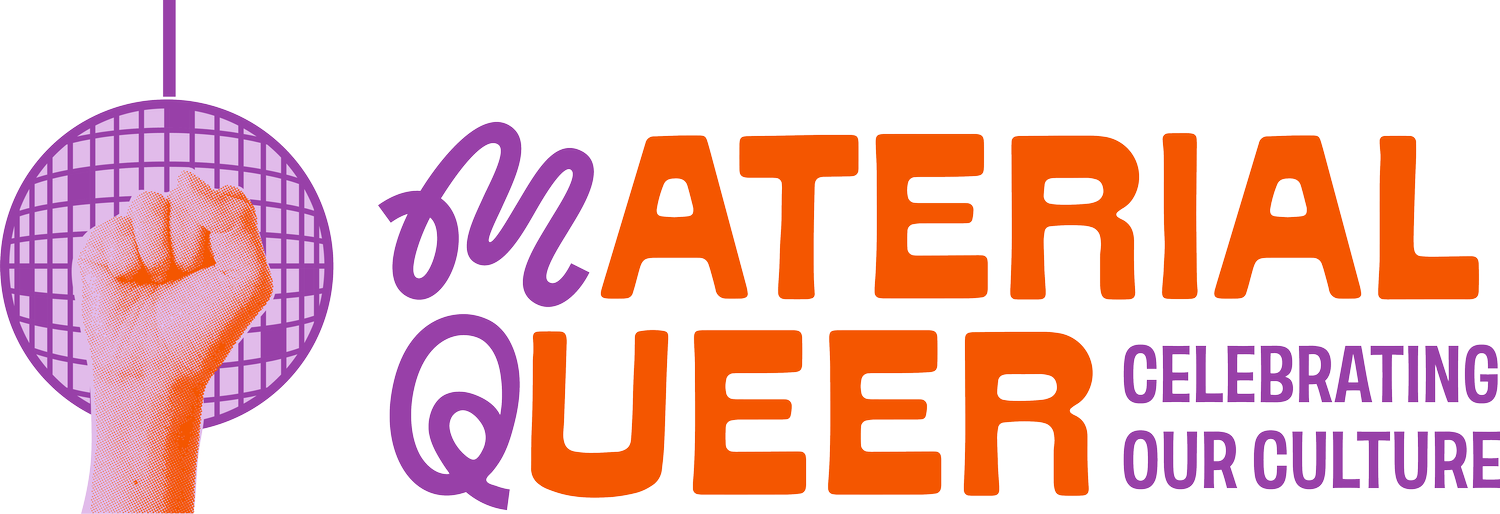Ukraine's queer community finds refuge in the face of war
Journalist, Finbarr Toesland, interviews those LGBTQ community members residing in Ukraine’s capital city, who are carving out havens of community, connection and safety as the war rages on.
In small bars, cafes and nightclubs found dotted around Ukraine’s capital city, members of Kyiv’s queer community are carving out havens of community, connection and safety.
“In essence, queer spaces in Kyiv are not just physical venues; they are lifelines, empowering LGBTQ individuals to live authentically, proudly, and without fear,” explains Robert Lutsenko, who works at KyivPride.
Since Russia’s full-scale war of aggression began more than two years ago, many queer venues have transformed to become centres of support and community building for LGBTQ people impacted by the invasion.
“Such locations can also become a refuge for those who may face forced displacement, discrimination, or other consequences of Russian aggression. Not so long ago KyivPride had organised its own shelter, where people affected by the Russian war could find shelter, assistance, necessities and security,” says Lutsenko.
Social hubs
From the dance floor of gay nightclub Portum Club and the cultural nightlife venue Closer to the queer safe space of techno club Kyrylivska 41, which now also holds a community cafe, neighbourhood spots have turned into hubs for social activism and community.
Through community events and workshops, queer community spaces are raising awareness about LGBTQ issues in a country that still struggles with homophobic attitudes.
For Lutsenko, at a time where familial acceptance of LGBTQ remains a challenge for many queer Ukrainians, LGBTQ safe spaces foster mutual support networks where friendships and relationships can be made.
“They are symbols of resilience, resistance, and the enduring quest for equality and justice,” he adds. “As long as they continue to thrive, the LGBTQ community in Kyiv will continue to march forward on the path towards liberation and acceptance.”
Unique events
It’s not just permanent queer spaces that make a difference. One-off club nights, events and meetings have often been the catalyst for major projects that support the community. As one of the organisers of the Sunny Bunny queer film festival, Bohdan Zhuk has seen first-hand how important it is for collaboration to exist between queer venues and LGBTQ organisations
Sunny Bunny promo still
“It's important to have like minded people working with you, who are not just focusing on the commercial aspect, but also people who really understand creating value for the community,” he adds.
Zhuk singles out nightclub Closer as one of the most prominent venues that pioneered electronic and rave style music in Kyiv, which has since become more of a cultural hub that is welcoming to all, including the queer community.
There’s no question the invasion has fundamentally changed how the LGBTQ community organise in Ukraine. For example, holding public demonstrations is banned under martial law, meaning the Equality March has been unable to happen.
However, Ukrainian human rights organisation, Fulcrum, has been working on creating spaces where members of the LGBTQ community are able to meet and work with allies to ensure progress continues on equal rights.
For Maryna Korchaka, communications manager at Fulcrum, the annual Forum of Allies event has proven invaluable in building bridges between allies and activists. But, due to the challenges of war, it’s been no small feat to make the event a success.
“In October 2022, we held the Forum in the midst of massive Russian missile attacks and blackouts as a result,” says Korchaka. “The event team and speakers got to the studio to record the discussions when there was no electricity, mobile phone service, or internet in Kyiv.”
Everything from inclusion in Ukrainian business to the intersection of LGBTQ rights and religion has been discussed at the Forums, giving queer Ukrainians the platform to drive forward equal rights under the most difficult of circumstances.
Sense of community
Before the 2022 invasion, Kyiv was well know globally for its nightclub scene, especially around techno music. Today many of these venues still operate but they are not as large-scale as in the past. Zhuk, who is based in Kyiv, believes that the queer scene in the city includes far more than just gay nightclubs.
“It’s about many different places, sometimes they are specifically queer, sometimes they are just very queer friendly, which I would say is more common in Ukraine. There's a lot of psychological support and mental health support in these places” explains Zhuk.
It can be difficult to encapsulate the importance of queer spaces and what they mean to the community. “It’s a very specific feeling that you get. I felt this myself and I've heard this from many people that you have a sense of community in these places, which you don't get when you go elsewhere - it’s very meaningful,” says Zhuk, who is programmer for Sunny Bunny, Ukraine’s first queer film festival.
During wartime, some venues can serve as a place of relief and distraction. But it’s impossible to forget, even for sometime, about the precarious situation. “I don't think that's really possible. Not for me, at least. It's always somewhere in the background.”
For some Ukrainians, according to Zhuk, it may not feel like the right time to dance and have fun as the war continues. But Zhuk sees these spaces as more than just places to dance the night way, with some queer venues collecting donations and fundraising for essentials needed by the military.
“It's already been two years since the full scale invasion - life goes on,” says Zhuk.

